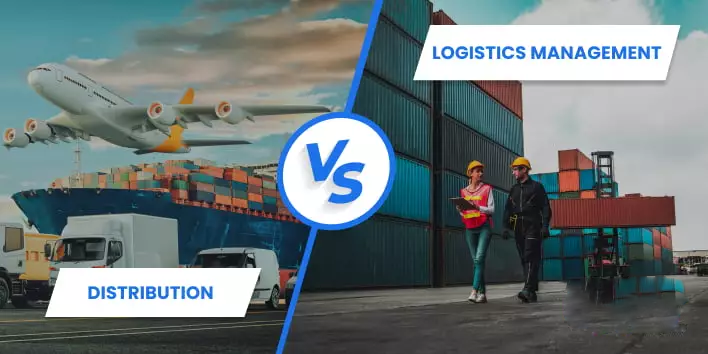Logistics is the process of managing the flow of goods, information, and resources from the point of origin to the point of consumption. It involves transportation, warehousing, inventory management, and information management.
Technology has transformed logistics, enabling companies to optimize their operations, reduce costs, and improve the customer experience. Real-time tracking, monitoring, and automation have improved supply chain visibility, reduced labor costs, and improved order fulfillment accuracy and speed.
Effective supply chain management is essential for ensuring that companies can respond quickly to changes in customer demand and market conditions. It requires a deep understanding of the various components of the supply chain, including transportation, warehousing, and distribution.
Globalization has created new challenges and opportunities for logistics, including the increasing complexity of supply chains, the need for international transportation, and the challenges of managing cultural differences and regulatory requirements.
Looking to the future, automation and robotics are expected to play an increasingly important role in logistics, and companies will need to continue to innovate and adapt to remain competitive.
In conclusion, logistics is critical for supply chain management, and companies that can effectively navigate technology, supply chain management, and globalization are likely to thrive in today’s global economy. To optimize logistics, it’s important to work with a partner who has deep expertise in logistics and can help you stay ahead of the curve.




